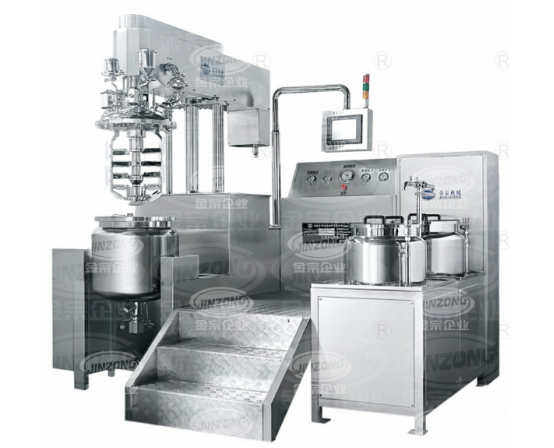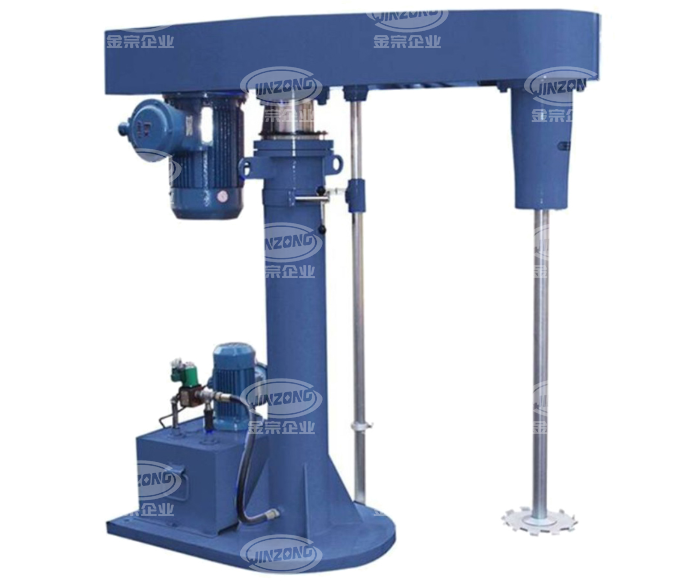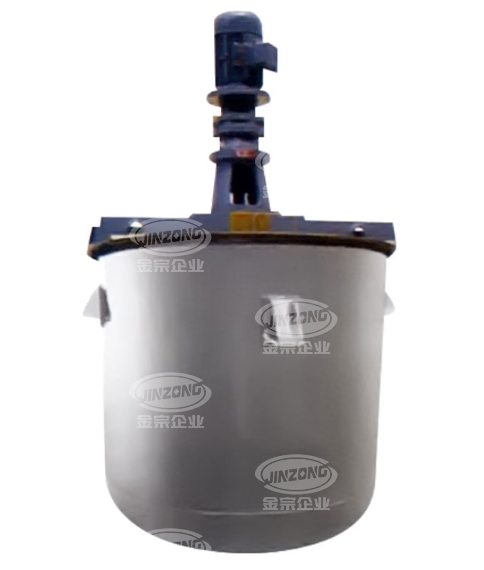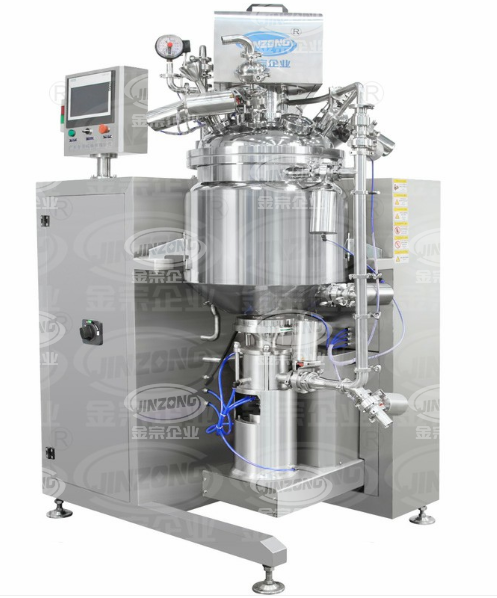In modern industrial production and scientific research, material handling technology is one of the key links to ensure product quality and performance. Among them, homogenization, dispersion, mixing, and emulsification are four common material handling processes, each of which has its own unique principles, purposes and application scenarios. This article will delve into the differences between these four processes and their important role in actual production.
1. Homogenization Process
Definition Principle:Homogenization refers to the refinement of particles, droplets, and other unevenly distributed substances in liquid or semi fluid materials through mechanical, physical, or chemical methods to achieve a highly uniform dispersion state. This process typically relies on technologies such as high pressure, high-speed shearing, or ultrasonic waves to disrupt the structure of large particles, reduce particle size, and achieve microscopic uniformity of the material.
Application Example:The homogenization process is widely used in the manufacture of food (such as milk,juice),cosmetics,pharmaceuticals and chemical products to improve the taste,stability and shelf life of products.

The fully automatic tilting homogenization vacuum emulsifier series products independently developed by Jinzong use UH homogenizers and adopt a scraping and stirring homogenization structure. The material rolls without dead angles. The emulsifier automatically feeds, discharges, cleans, hydraulic lifting, and dumping systems, and its overall appearance design meets GMP and FDA standards. It is an ideal equipment for manufacturing cream and ointment products in the cosmetics, pharmaceutical, and chemical industries.
2. Dispersing Process
Definition Principle:Dispersion refers to the uniform distribution of insoluble solid particles, droplets, or bubbles into another continuous phase, forming a stable dispersion system. This process requires overcoming the mutual attraction between dispersed phases by stirring, grinding, or using dispersants. Dispersion not only involves reducing particle size, but more importantly, maintaining the long-term stability of these particles in the medium without settling or condensing.
Application Example:In the preparation of coatings,inks,paints and many nanomaterials,good dispersion is essential to ensure product color uniformity,gloss and stability.

The high speed dispersing machine independently developed by Jinzhong is suitable for mixing, dispersing and dissolving liquid and liquid-solid phase materials in the chemical industry such as coatings, dyes, pigments, inks, paper making, adhesives, etc. It has the characteristics of less air suction when stirring and dispersing, good mixing and uniform effect, and rapid dissolution of materials and small particles with medium and high speed stirring and dispersing.
3. Mixing Process
Definition Principle:Mixing is a relatively broad concept, which refers to the two or more different materials under certain conditions, through the mechanical force to make them penetrate and blend with each other, forming a macro uniform mixture without considering the microscopic particle state. The mixing process does not emphasize changing the size of the particles, but focuses on making the components evenly distributed.
Application Example:In the pharmaceutical,feed,building materials and other industries,the mixing process is used to prepare a variety of formulations to ensure that different ingredients are evenly distributed to meet product performance requirements.

The low-speed stirring kettle independently developed by Jinzong is suitable for color matching and mixing of paints in the paint industry, as well as the mixing of liquid liquid and solid materials in other industries. Uniform color mixing, good compatibility. Reasonable structure with strong stirring function. It integrates functions such as heating, stirring, temperature control, and cooling, and can heat or cool materials according to different process requirements. It is equipped with an electrical control cabinet for comprehensive monitoring of equipment operation.
4. Emulsifying Process
Definition Principle:Emulsification refers to the process in which a liquid is dispersed in the form of tiny droplets in another immiscible liquid, forming a relatively stable emulsion. This process usually requires an emulsifier as a medium to promote the formation and stable dispersion of droplets by reducing the surface tension between the two liquids. Emulsification is not only a special dispersion process, but also involves complex interactions in interfacial chemistry.
Application Example:
Daily skin care products (such as lotions,cream),food products (such as salad,icecream)and and certain pharmaceutical preparations are the products of the emulsification process, and their texture, stability and sensory properties benefit from good emulsification.

Jinzong vacuum emulsifier variety variety, can be customized according to the process needs, automatic feeding, discharging, cleaning system, hydraulic lifting, dumping system, the overall design of the appearance are in line with GMP, FDA specifications, stable and durable performance, the effect of the production of products and products are widely favored by users friends.
Conclusion
Although there are intersections among the four processes of homogenization, dispersion, mixing, and emulsification, each has its own emphasis. Homogenization focuses on refining particles and improving the micro uniformity of materials; Dispersion emphasizes maintaining the stable suspension of particles in the medium; Mixing focuses more on macroscopic uniform mixing; Emulsification focuses on the stable binding of immiscible liquids. Understanding the differences between them helps to choose the most suitable processing method in different fields to achieve the expected product quality and performance.






